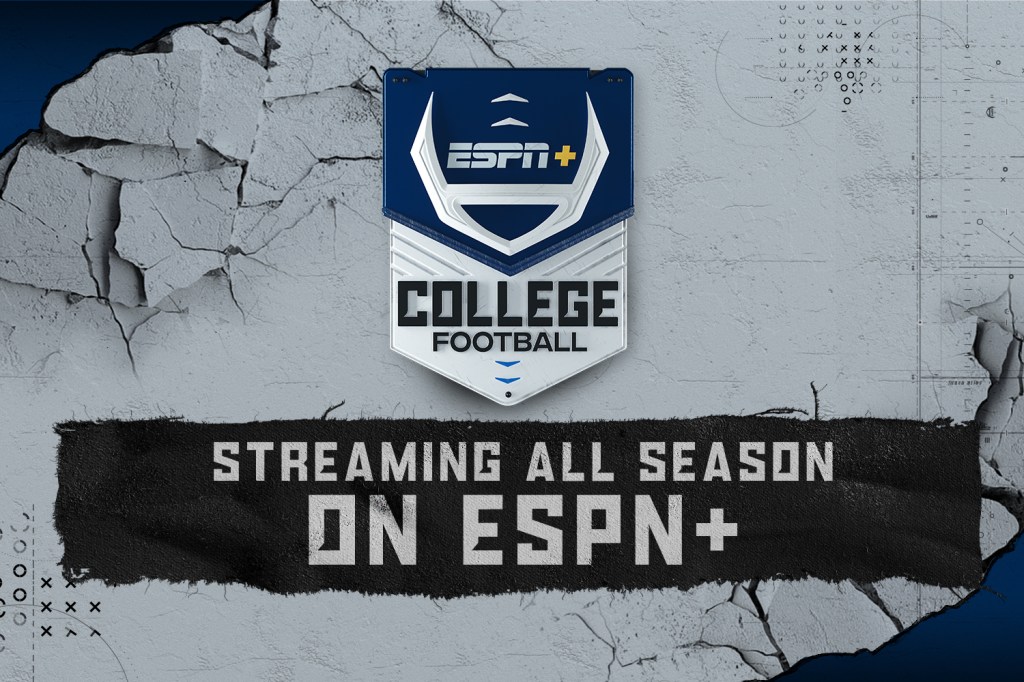On Thursday, the Southeastern Conference became the first Power 5 conference to react to the Alston decision.
This summer, the Supreme Court found that it was illegal for the NCAA to limit the amount of education-related benefits — like laptops or internships — that schools could offer athletes. While conferences could impose limits on their schools, the NCAA couldn’t.
But the SEC announced it will not impose extra limits on the educational benefits that its schools can offer.
- The conference has “determined it is appropriate for SEC athletics programs to have discretion and flexibility to provide support for student-athletes in their academic and athletic endeavors,” SEC Commissioner Greg Sankey said in a statement.
- “The SEC believes it is in the best interests of our student-athletes for these decisions to be made at the campus level rather than through conference policy.”
Shortly after the announcement, both Florida and Arkansas unveiled plans to provide extra educational benefits to athletes.
The decision makes perfect sense for the SEC, the most powerful conference: Some of the richest schools in the nation can afford to offer more benefits — and gain a recruiting advantage. The SEC clearly doesn’t want to get in the way of that.
The announcement also goes against precedent for college sports institutions, which have historically wanted to keep the tightest grip over rules and regulations. But now, it could spark a trend where other Power conferences refuse education compensation limits, too.





